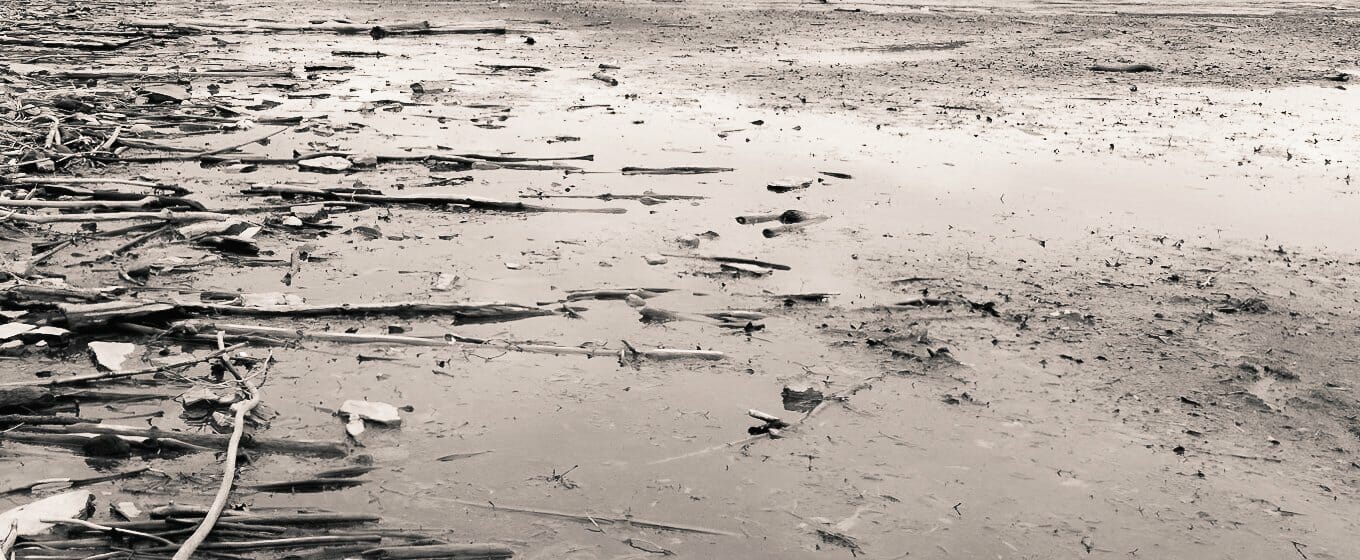I’ve only got a short note this evening. This odd, trying time is teaching me that leadership is interesting and weird.
I spoke with a wise friend, Dina, a couple of weeks ago about what makes good leaders. And our exploration lead me to think more and more about the fact that I don’t actually know exactly what leadership _is_. Not really.
I’ve worked with and for great leaders. I’ve lead people in lots of ways. I’ve watched political, spiritual, and other powerful leaders for as long as I can remember; but that’s often raised more questions than answers.
But, one thing I have definitely noticed: the way leaders handle crisis is incredibly variable. It’s not exactly earth shattering, is it? I mean, no shit, right? But, I think for most of my life, leaders in really powerful positions tended to work from within a big social system of decorum, protocol, or just lots of other people to diffuse attention. Leaders I was supposed to despise and leaders I admired kind of really sounded the same in the grand scheme of things. They made similar speeches, wore the same clothes, and couched all their leadery decisions and proclamations in the same formulaic jargon. They were polite, and wanted to usually appear as conscientious.
But, a wanna-be dictator can’t really hide in that way, when their tools to gain power have been bluster and intentionally breaking with protocol. Or, in other words: making a personal brand out of flagrant lying, not-giving-a-fuck, and simple unkindness means that this crisis is way more exposing. The question is: will this kind of laddish, clown-caricature populism work still? Is the game of brash lies strong enough to actually continue to carry along the power?
Mobster leadership in the time of social challenge is going to cause a lot of pain and suffering on top of the anguish that widespread disease is already agonising to our whole human family.
As a kid, I was taught that leadership is a service role. It’s a position that exists to offer support and builds people up to fulfill their potential, and as a whole, move toward a common purpose.
The jargon in that context was “servant leadership,” and comes from the Christian church tradition. Leaders wash their followers feet, which is a whacking great metaphor for looking after and supporting those for whom you’re responsible. In democracy (and, I think just any society at all), it’s also _to whom_ you’re responsible.
Leaders in a time of crisis have a much greater responsibility. They might be given (or take up) more power to get things done, or defend those in their charge.
But, they’re also held to a much greater account. History tells their stories, and is unkind towards leaders who pull in more and more power, then let down those in their care.
Peace be with you
